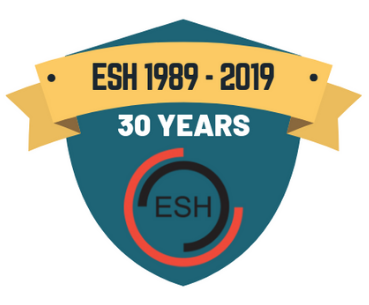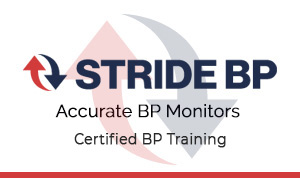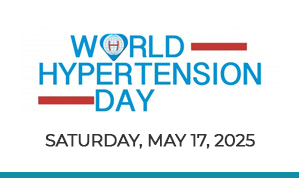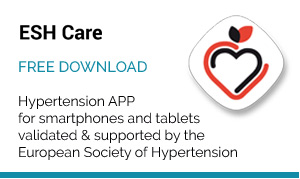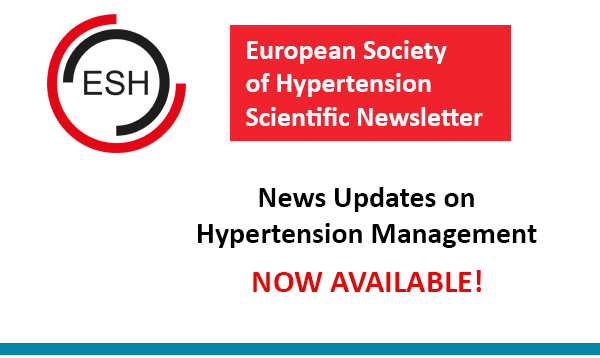The INTEROUT study presented by°Dr. Zhi-Min Hin°from Shanghai showed again that in high-risk Chinese patients more intensified antihypertensive treatment reduces cardiovascular (CV) morbidity and mortality. The FEVER trial, also presented at the 15th European Meeting on Hypertension, showed that the addition of felodopine in patients, significantly reduced CV events and cancer.
Intensified therapy, compared to routine therapy, reduced the primary endpoint by 78% (p<0.0001), total mortality by 64% (p<0.0001), and stroke (fatal and nonfatal) by 72% (p<0.001). The primary endpoint was the composite of stroke (fatal and nonfatal), MI (fatal and nonfatal), and other CV death.
At 4.5 years, SBP was 132 mmHg in the intensified group and 150 mmHg in the routine therapy group, and DBP was less than 90 mmHg in both groups.
There were 381 patients in the routine therapy group and 382 in the intensified treatment group. The mean age was 65 years, BMI 24, SBP 175 mmHg, DBP 98 mmHg. Eleven percent of the routine group and 9% of the intensified group had a previous stroke. Intensified treatment was initiated with either ACE inhibitor, beta-blocker, CCB, or a diuretic, and then drugs added from other classes as needed to lower BP to <140/90 mmHg.
INTEROUT was a randomized, controlled, open-label, blinded endpoint evaluation performed at a single center. Men and women over 45 years of age, with a SBP ≥160 mmHg and/or a DBP ≥95mmHg, regardless of the use of antihypertensive drugs, were classified as high risk or very high risk, based on the presence of 3 or more risk factors, target organ damage, diabetes, or ssociated clinical conditions or a blood pressure > 180/110 mmH
Meta-analysis supports reduction of events with antihypertensive treatment
Antihypertensive drugs are highly effective in reducing cardiovascular events, and the magnitude of this effect was illustrated by a meta-analysis of 39 clinical trials that compared an antihypertensive agent to placebo or no treatment. In some studies, the comparison to placebo was on top of other treatments. Dr. William Elliot of RushUniversityMedicalCenter in Chicago presented this study at the 15th European Meeting on Hypertension in Milan.
All-cause mortality was significantly reduced by 10% (p<5×10-7); cardiovascular mortality by 15% (p<5×10-9); first fatal and nonfatal stroke by 29% (p<5×10-28); fatal and nonfatal CHD event by 19% (p<7×10-15); major adverse CV event (first stroke, MI or CV death) by 21% (p<4×10-32), and heart failure by 29% (p<5×10-13).
Elliot noted that the effect of therapy may actually be underestimated in this meta-analysis, because not all studies reported each type of event and in some studies events were estimated, along with treatment crossovers.

